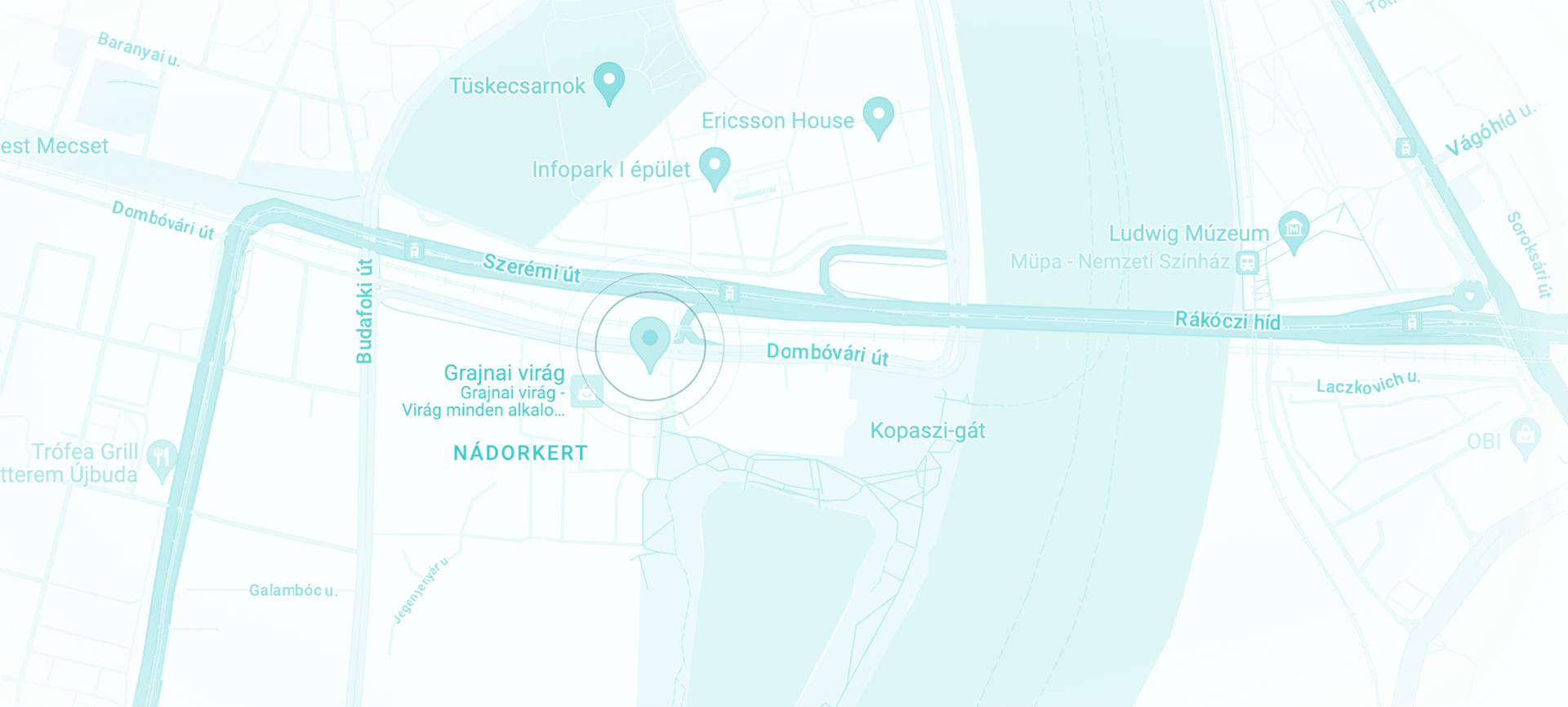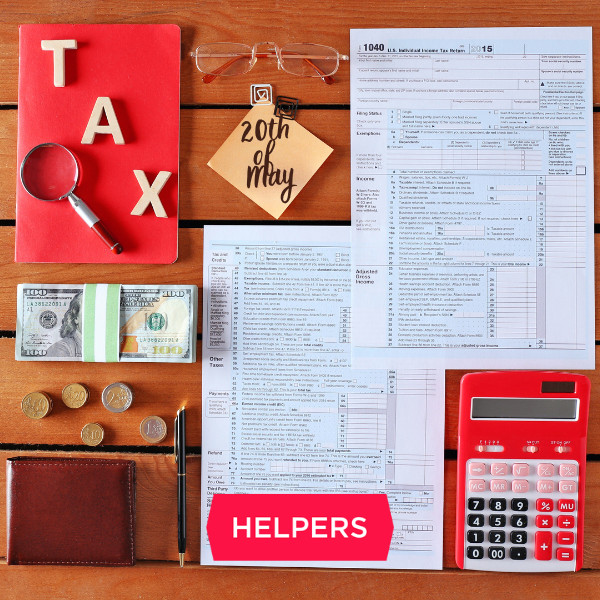
VAT rates in Hungary
VAT is short for “value added tax” in Europe. This is a consumption-based tax, added to the net price of goods. In Hungary, when you see the prices at a store, VAT is usually included already. The net price is indicated only if the seller expects that the customer will be another company, to which net prices matter – since companies can reclaim VAT.
VAT is short for “value added tax” in Europe. This is a consumption-based tax, added to the net price of goods. In Hungary, when you see the prices at a store, VAT is usually included already. The net price is indicated only if the seller expects that the customer will be another company, to which net prices matter – since companies can reclaim VAT.
Last updated on 14 May 2024.
Regular VAT is 27%
In Hungary, the rate of VAT is usually 27%. There are some special product types where VAT rates are lower. Before you start trading in Hungary, make sure you know how much VAT you must pay to the tax authority in order to properly adjust your margins. You can check the relevant regulation here.
VAT rates lower than the regular 27% are as follows:
18% VAT
- dairy products
- bread
5% VAT
- specific medicines and medical devices
- performing arts
- books, magazines, newspapers
- some stock animals
- poultry, eggs, fresh milk, fish, pork
- commercial accommodation services
- newly built homes
- internet access
- district heating
- catering in restaurants offering hot meals and freshly made soft drinks (except for cold meals, alcoholic beverages and canned/bottled soft drinks)
takeaway and home delivery from restaurants (as of 14 November 2020, during the state of emergency – does not apply anymore)
0% VAT
- international trade within the EU
- certain types of entrepreneurs issue invoices without VAT
Please consult your accountant regularly about VAT regulations to make sure all your invoices are issued properly, and VAT is correctly reported to the tax authority.
The most recent changes to VAT procedures are as follows:
2021: Provide data to NAV on every invoice
Starting from 4 January 2021, if you issue an invoice to any buyer, you must register the invoice online with NAV as soon as possible. As a result, using invoice booklets has become quite cumbersume, and it makes even more sense to use invoicing software, which is linked directly with the Hungarian tax authority and can register invoices as soon as they are issued.
2020: B2B invoices must be registered immediately
Starting from 1 July 2020, every B2B invoice should be immediately registered online with NAV, not only those with a high VAT content. If most of your clients are businesses, this is the time to ditch the invoice booklet and start using licensed invoicing softwere that registeres invoices autonatically with the Hungarian tax authority. Learn more here.
2018: Provide data on invoices of high value
Starting from 1 July 2018, if you issue an invoice with a VAT content over HUF 100,000 (ca. EUR 250), you must register that invoice online as soon as possible. If you are using an online invoicing software, you have nothing to do. If you are using a paper-based solution (an invoice booklet), you have 5 days to report the invoice in question.
2017: Include the customer’s VAT number on invoices
The VAT number of the seller must always be indicated on the invoice. However, if the VAT content of an invoice is above HUF 100,000 (ca. EUR 250), the VAT number of the buyer should also be indicated on the invoice since 2017. Since the regulation refers to the VAT content, the total of the invoice might vary based on the VAT rates involved. Rule of thumb: if you are issuing or receiving an invoice with a net total of more than HUF 370,000 (ca. EUR 925) and a gross total of more than HUF 470,000 (ca. EUR 1,175), make sure both seller’s and buyer’s VAT number is included in the invoice.
Contact
Contact us today
Monday - Friday
9am - 5pm CET
Helpers Hungary Kft
Budapart Gate
Dombóvári út 27
Budapest 1117, Hungary
If you’re visiting us, please use entrance A and come to the 2nd floor.






